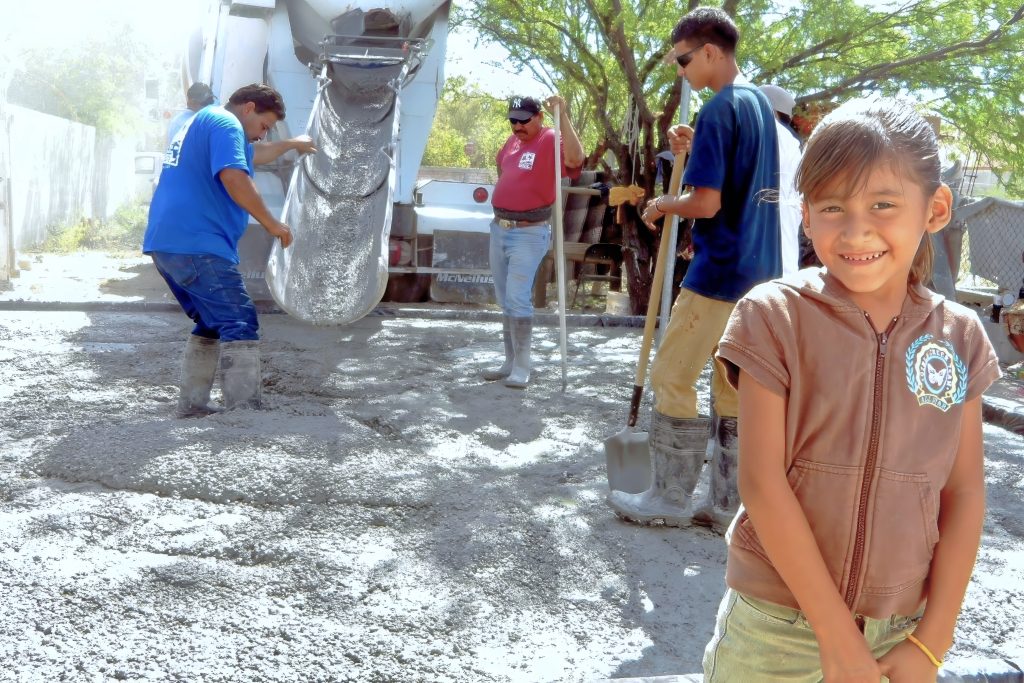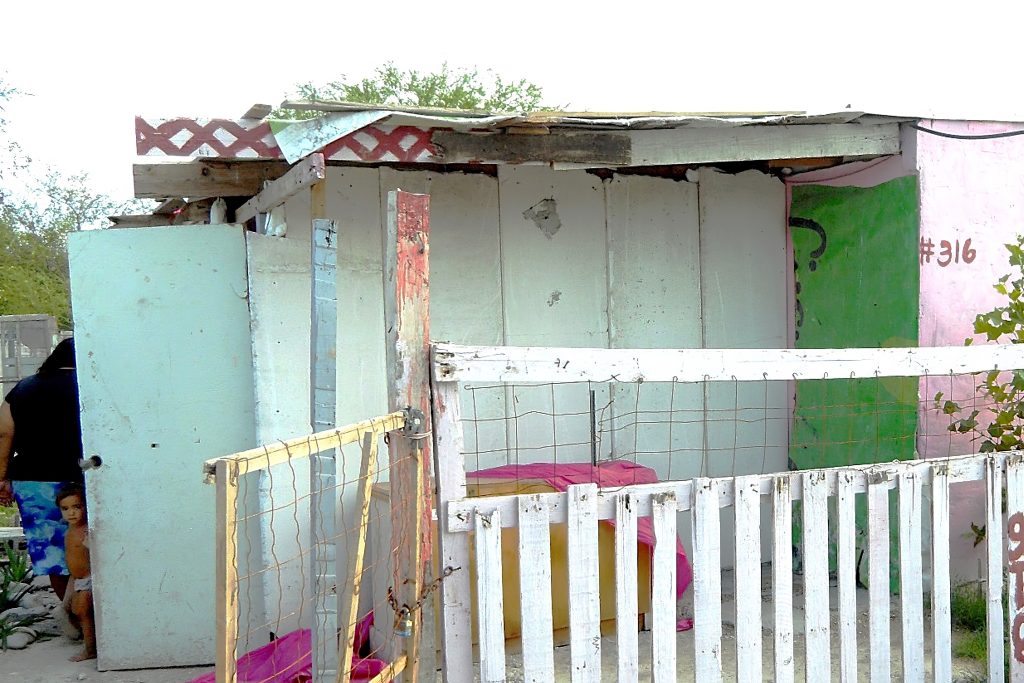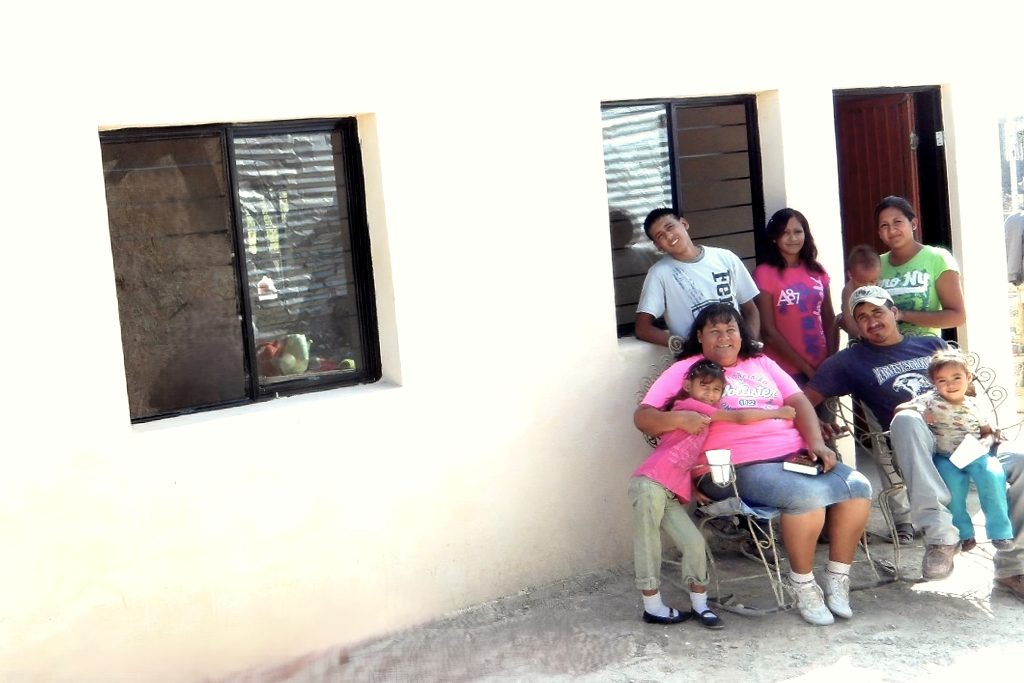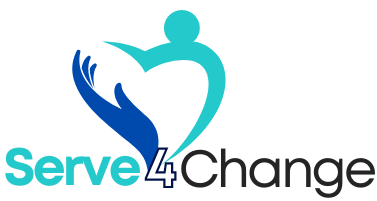
The story of the Alvarez family in Piedras Negras, Mexico, marks a pivotal moment in my journey toward becoming a full-time humanitarian servant. This project ignited a passion within me that has only grown stronger over the years.
When we met, the Alvarez family was deeply involved in their local church, where they found hope and support during difficult times. They were chosen by a local non-profit to receive improved housing—an opportunity that would transform their lives.
Thanks to the generosity of St. Luke’s Presbyterian Church in Dunwoody, Georgia, this dream became a reality. Although St. Luke’s had sent mission teams to Piedras Negras for many years, their efforts had slowed due to increased reports of violence along the border. Nevertheless, the church had already raised funds specifically to build a new home for the Alvarez family. I was living on the border at that time, and after numerous discussions with St. Luke’s board members, I was entrusted with managing the project.
While an international mission team couldn’t be on-site, the project moved forward seamlessly, relying entirely on local labor. I hired three skilled masons and carpenters, providing them with jobs that supported their families throughout the construction process.
The Alvarez family also participated daily, adding a sense of ownership and pride to their new home. Moreover, sourcing all materials locally not only enhanced the quality of the project but also benefited the community as a whole.
As the general contractor, I became more than just a facilitator; I became a part of their lives. Working closely with both the laborers and the family allowed me to witness their hopes and dreams materializing before my eyes. Each day was filled with laughter, breaking bread together, hard work, and a shared vision for a brighter future. Words aren’t enough to express the emotions I felt when I got to hand them the keys. I felt honored to be involved in such a significant milestone in their lives.
While the project did not include electrical or plumbing work (which was added later), the family received a much more secure dwelling, significantly improving their quality of life. The entire project was completed in just under five weeks for approximately $15,000, which included fair wages for the three workers.
This experience solidified my belief in utilizing local talent and resources for humanitarian efforts, which I’ve done as much as possible ever since. Collaboration not only empowers skilled workers but also fosters a sense of community and shared accomplishment. The Alvarez house stands as a testament to resilience, hope, and the transformative power of coming together to support one another.




